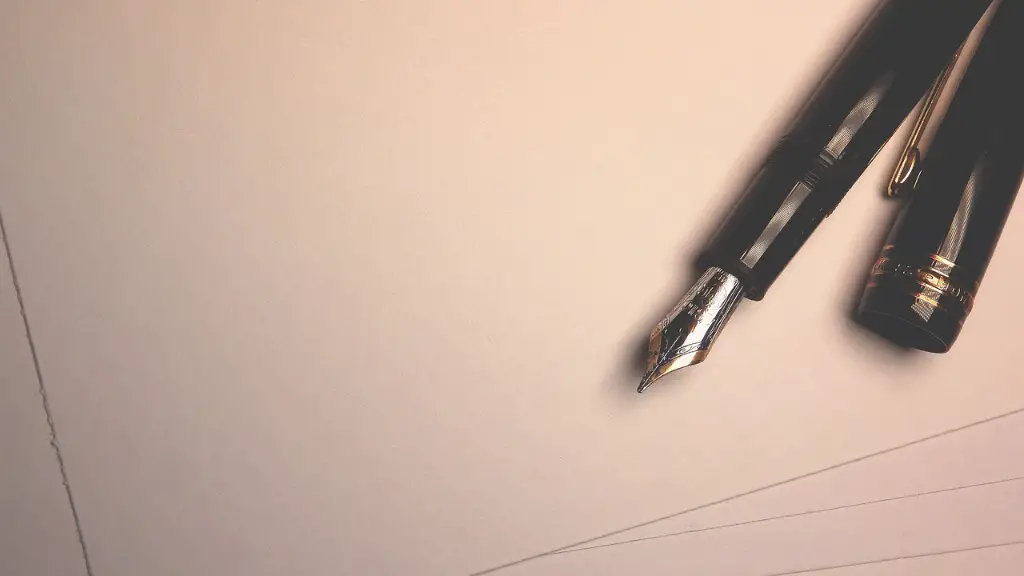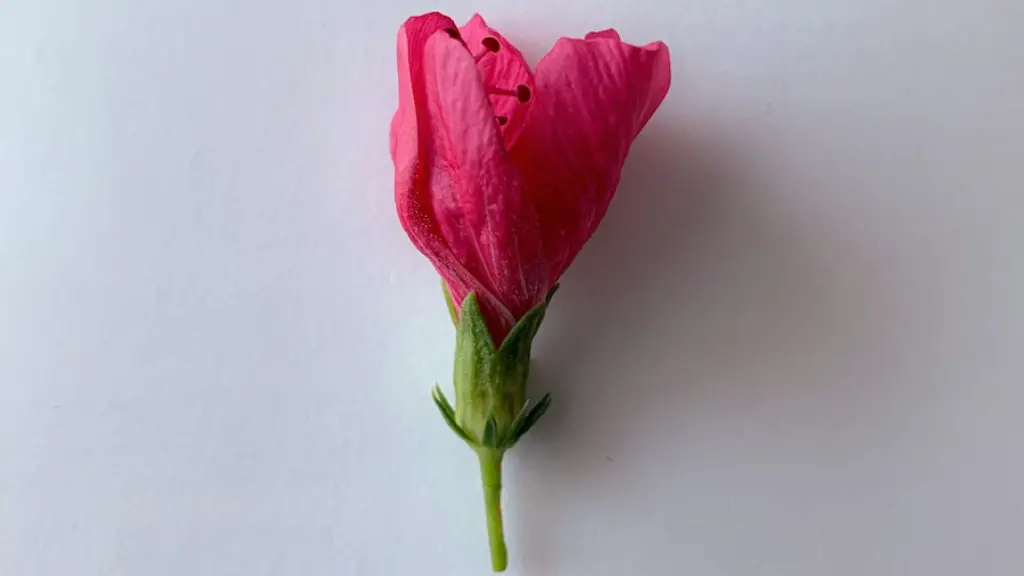Free verse is an ever-rising poetic form in which there is a departure from traditional rules of prosody, in order to convey an individual’s feelings, thoughts, and emotions. It is known as the presence of freedom within a structure. It is a form of poetry that changes the way traditional poetry was perceived, as it experiments with ideas and emotion unlike any other. Critics argue that free verse poetry is not truly poetry, as it does not use any set metre or rhyme scheme, but those who embrace it argue that it is a poetic form that is for those who want to convey a message in the most sincere way.
The main appeal of free verse is its lack of constrictions and rules that poets often struggle in traditional poetry due to complications with rhyme schemes, specific time restrictions, and stylised forms. It allows the poet to have complete freedom to communicate his thoughts and feelings in the most direct way possible. Free verse poems have no form, rhyme pattern, metre or set length, making it an ideal platform to express raw emotions within a poem.
Writers who use free verse often use natural language, which can make the poem appear simple, but the content is powerful. The words used in the poem can be used to create images that allow the reader to visualise what is being expressed. Though the lines and stanzas are irregular, the words chosen need to be weighed carefully and chosen as to create a rhythmic pattern between them. One of the main benefits of free verse is the ability to break grammar conventions allowing for a stream of consciousness within the poem and direct address to an audience.
Critics of free verse argue that since there are no structure and no formal rules, and that any string of words can be called a poem. Some also argue that with free verse, certain feelings and emotions cannot be expressed as they are too complex to be expressed in free verse and that as it doesn’t have a structured form, it cannot be considered as true poetry. However, those who embrace free verse argue that it can work in many ways, and that it has the potential to be one of the most powerful forms of expression.
Interpretations
One of the major objectives of free verse poetry is to evoke emotions in the reader. By conveying a specific thought, feeling, or emotion within the poem, a reader can get a unique experience that is created according to how the poem is read. Interpretation of the poem is subjective to how the reader understands the poem. The lack of rhyme and structured meter does not limit the reader’s understanding as there is an unlimited range of interpretations for each poem. Free verse invites readers to draw their own conclusions to the poem, because of this, free verse appeals to a wider audience.
History
The history of free verse dates back centuries and has been adopted, adapted and refined by a multitude of cultures and poets. Ancient Hindu chants employed the use of breath and the formation of long poems without a structured format. In 14th century Italy, Dante Alighieri’s Divine Comedy was created using terza rima, a form of blank verse which was unlike the traditional poems which were written using strict forms of rhyme and metre. In 19th century America and Britain, poets from the transcendentalist, romantic and Symbolist movement were influenced by Dante’s writing and began to experiment with the technique, and in the 20th century, Ezra Pound and William Carlos Williams saw the potential for this type of poetry and wrote in free verse.
Influences
The major influence of free verse poetry is that it allows writer to connect directly to the reader in their own language and style on and is not limited to any set form of metre or structure, enabling the writer to express various ideas in greater detail. It not only allows the poet to break traditional poetic rules, but it also allows the poet to explore thoughts and ideas that traditional poetry could not. With free verse, the poet is able to create a piece of poetry with a powerful message that conveys raw emotion and can reach the audience in ways other forms of poetry could not.
Themes
Free verse poetry has no particular theme or subject matter, as it can include any topic; however, its most common themes are the expression of difficult emotions, social criticisms, personal opinions, and observations. It is a popular form for lyrics of songs, as it often conveys emotions in a way that cannot be expressed in traditional poetic form. In addition, free verse also has a wider access to an audience, as its word choice and lack of complex structure can be interpreted in different ways.
Legacy
The emergence of free verse has allowed poets to express themselves more freely and is a popular form of modern poetry. Many poets have used free verse as a way to get their message out, as it enables them to bring their message directly to the audience without being bound by structure and rhyme. With its lack of traditional elements, it has sparked debate about what constitutes a poem, but its ever increasing popularity has solidified its place in modern day poetry.
Aesthetics
The aesthetic of free verse allows the poet to experiment with language, imagery and emotions. Its formative structure is able to communicate feelings in a concise way. Through free verse, a reader can connect to the poem in a personal way by understanding the emotions of the poem. This allows the poet to create a lasting connection with the reader and to evoke emotional responses.
Limitations
Though free verse may appear to have no limitations, the lack of rules and form restraints requires free verse poets to exercise caution. While they can now convey thoughts freely, the lack of structure can also be a hindrance since the lack of a meter and rhyme creates difficulty in pacing and maintaining momentum. Additionally, this form of poetry often lacks an underlying meaning, so a poet must carefully consider potential double meanings and unintentional implications.


